


Dreaming of studying in Australia? The Australia Student Visa (Subclass 500) opens doors to world-class education, exciting cultural experiences, and valuable work opportunities. This guide walks you through everything you need to know, from visa requirements to part-time job options.
Dreaming of studying in Australia? The Student Visa Subclass 500 makes it possible. It’s your official permit to gain a world-class education, experience multicultural life, and even work part-time during your stay.
This 2025 guide reveals everything from visa fees to acceptable financial documents—so your study adventure in Australia starts off on solid footing.
The Subclass 500 student visa in Australia allows international students to:
Enroll in a full-time eligible course
Work up to 48 hours per fortnight
Travel freely in and out of Australia
Student: AUD 2000
Spouse: AUD 1,225
Each Child: AUD 400
💡 Total for a family of four: AUD 3,625
To succeed with your student visa in Australia, you must meet the Genuine Student (GS) or GTE requirement. It’s how immigration ensures you truly intend to study, not just migrate.
Educational background relevance
Work history and study gaps
Ties to your home country
Immigration history
Career prospects after returning home
Financial capability to sustain yourself in Australia
Pro Tip: Support your GS form with solid evidence and a detailed personal statement.
Want your visa approved? You must demonstrate financial readiness to cover your education and living costs in Australia.
| Type | Cost (AUD) |
| Tuition (avg.) | $35,000 |
| Living Expenses | $29,710 |
| Travel | $2,500 |
| Total | $67,210 |
INR Equivalent: ₹37,63,760 (approx.)
Remember: OSHC and travel costs are mandatory. Funds must be liquid, verifiable, and at least 6 months old (preferably).
Only close family members can sponsor your education in Australia. Authorities prefer transparency and traceability.
Parents (100%)
Grandparents (up to 50%)
Siblings (up to 50%)
Uncle (up to 25%)
Self-funding (limited to personal assets, not ITRs)
Friends
Cousins
Distant relatives
Gift deeds from third parties
To secure a student visa in Australia, funds must be from recognized, traceable sources.
Education Loans (sanctioned, not conditional)
Savings Accounts
Fixed Deposits (FDs) (lien-free)
PPF Accounts
Document Tips:
Submit bank statements (6 months minimum)
Clearly explain any recent large deposits
Cooperative or Post Office funds
Mutual funds & stock investments
Loans from non-family members
Gold loans or sale of gold
If your savings are recent, you must prove their legitimacy. Universities in Australia prefer older funds but may accept recent ones with strong documentation.
Registered property sales
Liquidated FDs or shares
Transfers from PF or cooperative to national banks
Unregistered agreements
Gift deeds
Sale of gold
Informal loans from non-eligible sponsors
Every international student must have Overseas Student Health Cover (OSHC) to study in Australia. It covers hospital and medical expenses while you're in the country.
| Provider | Cost (AUD) |
| CBHS | $1,379.33 |
| OSHC Worldcare | $1,389.50 |
| nib | $1,488.86 |
| Medibank | $1,508.00 |
| Allianz Care | $1,525.00 |
| Bupa | $1,581.00 |
Compare them here: oshcaustralia.com.au
Must be valid for the entire visa duration.
Before applying for a visa, you need a CoE from your Australian university.
Steps:
Get an unconditional offer
Pay tuition fee
Purchase OSHC
Receive official Confirmation of Enrolment (CoE)
This is granted to final-year students awaiting results. You must:
Meet English language criteria
Submit academic proof
Complete application through the university/agent
Not every institution offers conditional CoEs.
Want to avoid visa delays? Here’s your updated document list for Subclass 500 in Australia:
Must-Haves:
Valid Passport (all old & new)
CoE (or conditional CoE)
OSHC Letter
GTE Questionnaire + supporting docs
Academic & Work Documents
Financial Evidence (bank, FD, loan)
Income Tax Returns
CA Net-Worth Report (with UDIN)
HAP ID (for medical check-up)
Resume & Statement of Purpose (SOP)
Bonus (if applicable):
Family income statements
Travel history
Marriage or birth certificates
Scholarships can significantly ease the financial burden of studying abroad.
Visa processing typically takes 4 to 6 weeks, but timelines can vary depending on the completeness of your documents, background checks, and GTE assessment. Submitting all required financial and academic documents correctly will speed up the process.
Yes. Unless you're from an English-speaking country or have studied in English medium recently, you will need to submit proof of English proficiency through IELTS, TOEFL, or PTE. This is a mandatory requirement for both the university and visa process.
Yes, spouses and dependent children can accompany you on a Subclass 500 visa. However, this involves:
Additional visa fees
Proof of adequate funds to support dependents
Health insurance (OSHC) for each family member
Inclusion of dependents in your GTE assessment
Example: For 1 student + 1 spouse + 2 children, the total visa fee would be AUD 3,570.
If your visa is refused, you have options:
Appeal to the Administrative Appeals Tribunal (AAT) if eligible
Reapply after fixing the refusal grounds (e.g., weak GTE, insufficient funds, or missing documents)
💡 Tip: Always request a written reason for refusal to correct issues before reapplying.
To extend your stay:
Apply for a new Subclass 500 visa before your current one expires
Submit an updated CoE, OSHC, and financial documents
Lodge your extension application via ImmiAccount
Extensions are common for students moving from one program level to another (e.g., from diploma to bachelor's).
Yes. Students on a Subclass 500 visa can participate in internships or work placements if they are:
Part of their enrolled course curriculum
Approved by the university or institution
You can also work up to 48 hours per fortnight while classes are in session.
Securing an Australia Student Visa is the first step toward a transformative educational journey. With proper planning and documentation, you can unlock countless opportunities for academic growth, cultural exchange, and personal development. Whether it's part-time work, scholarships, or world-class education, Australia offers an enriching experience for international students.
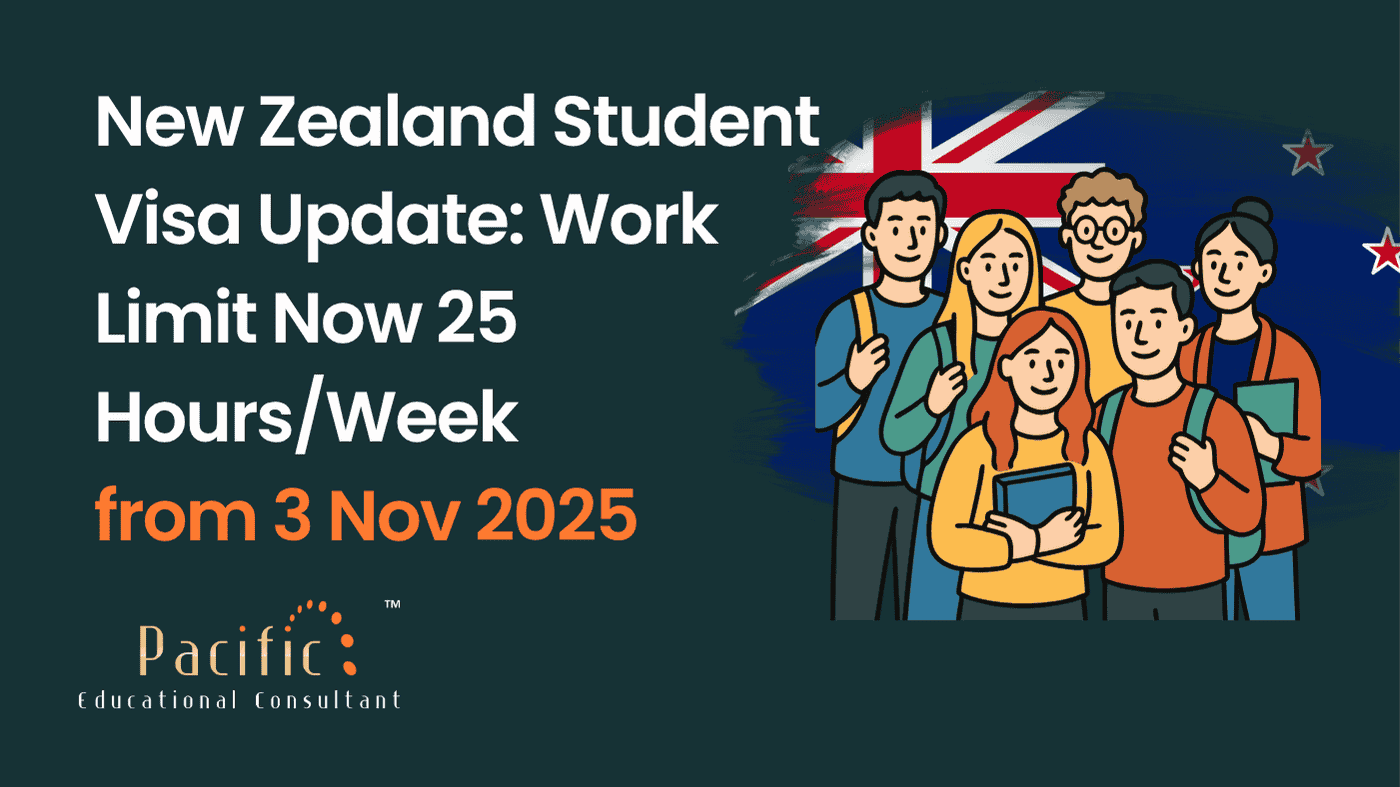
New Zealand Student Visa Update: Work Limit Now 25 Hours/Week from 3 Nov 2025

Describe a family member who you want to work with in the future - IELTS Cue Card
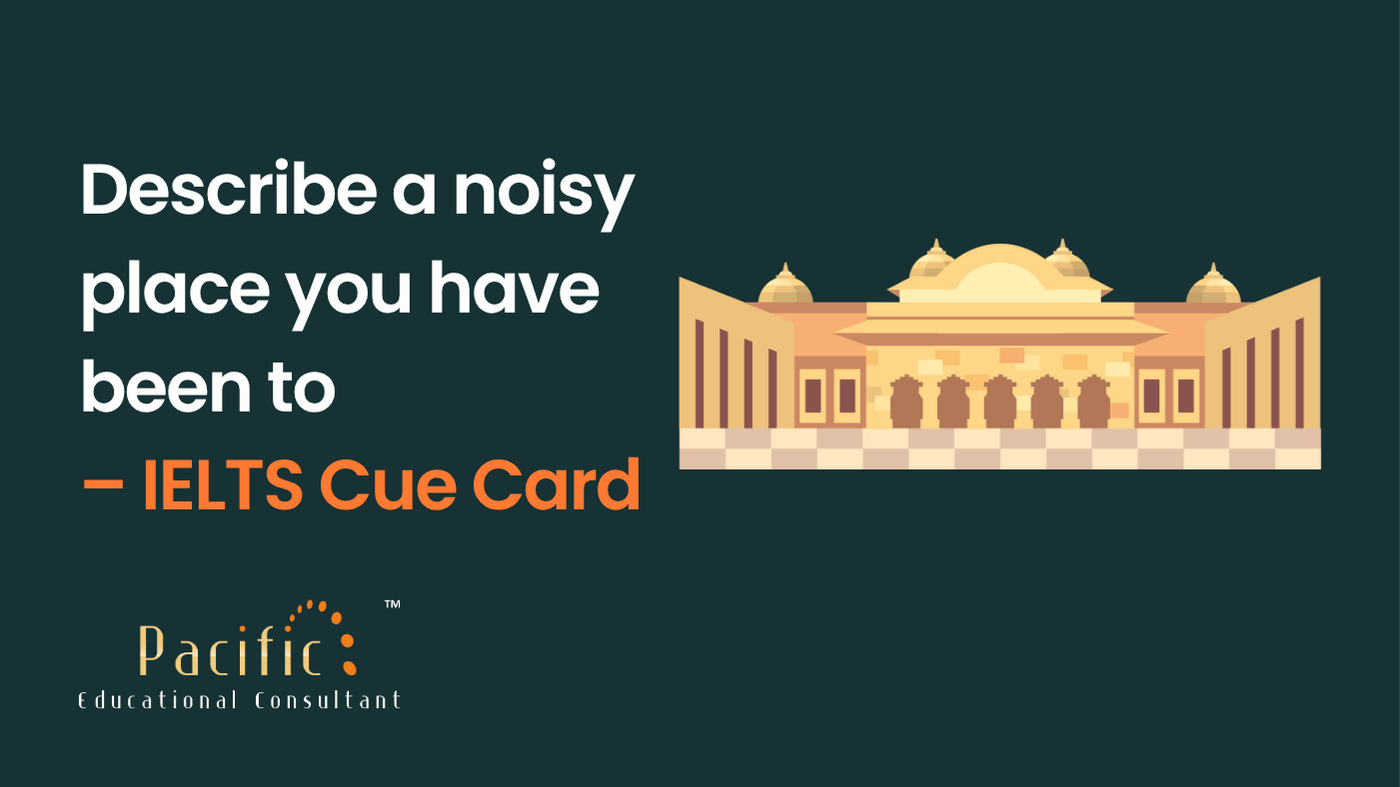
Describe a noisy place you have been to - IELTS Cue Card
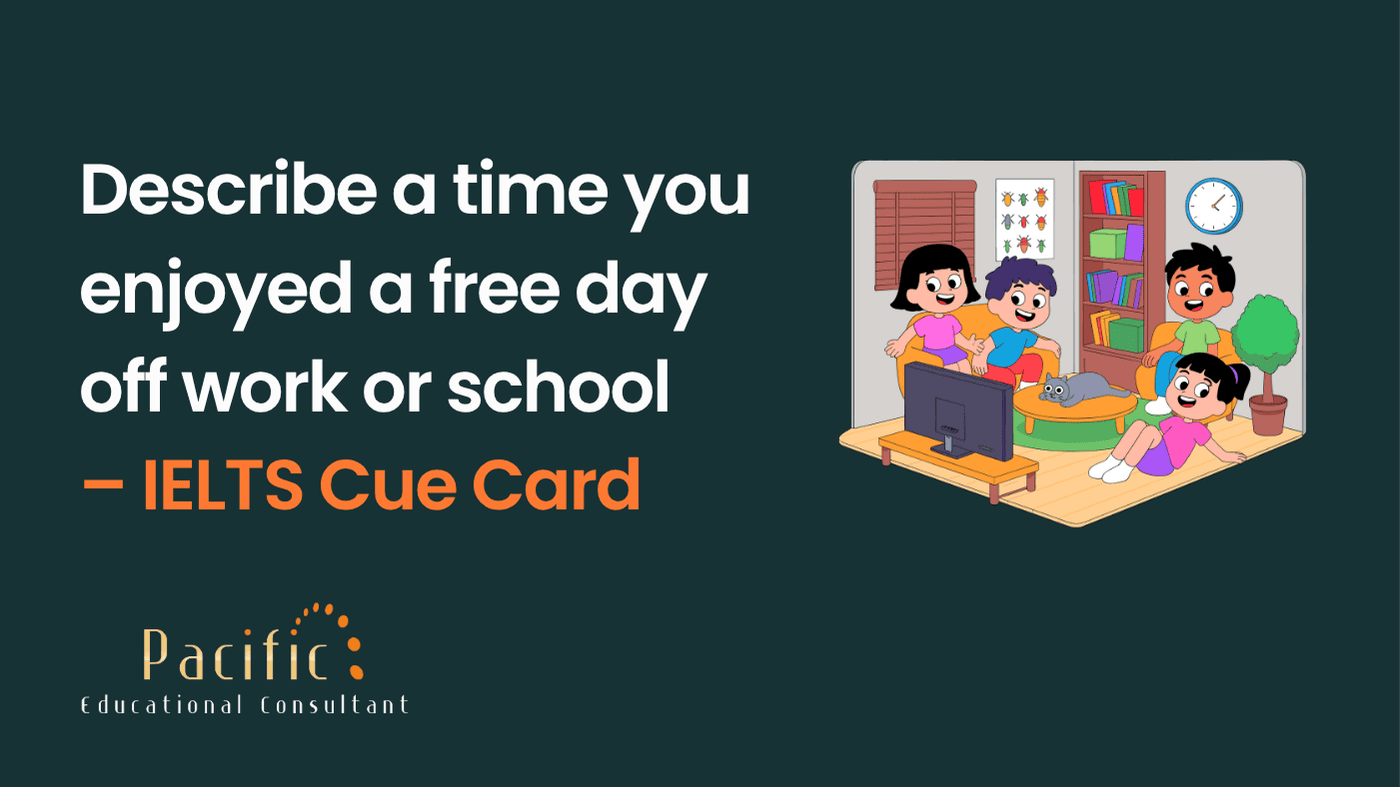
Describe a time you enjoyed a free day off work or school – IELTS Cue Card
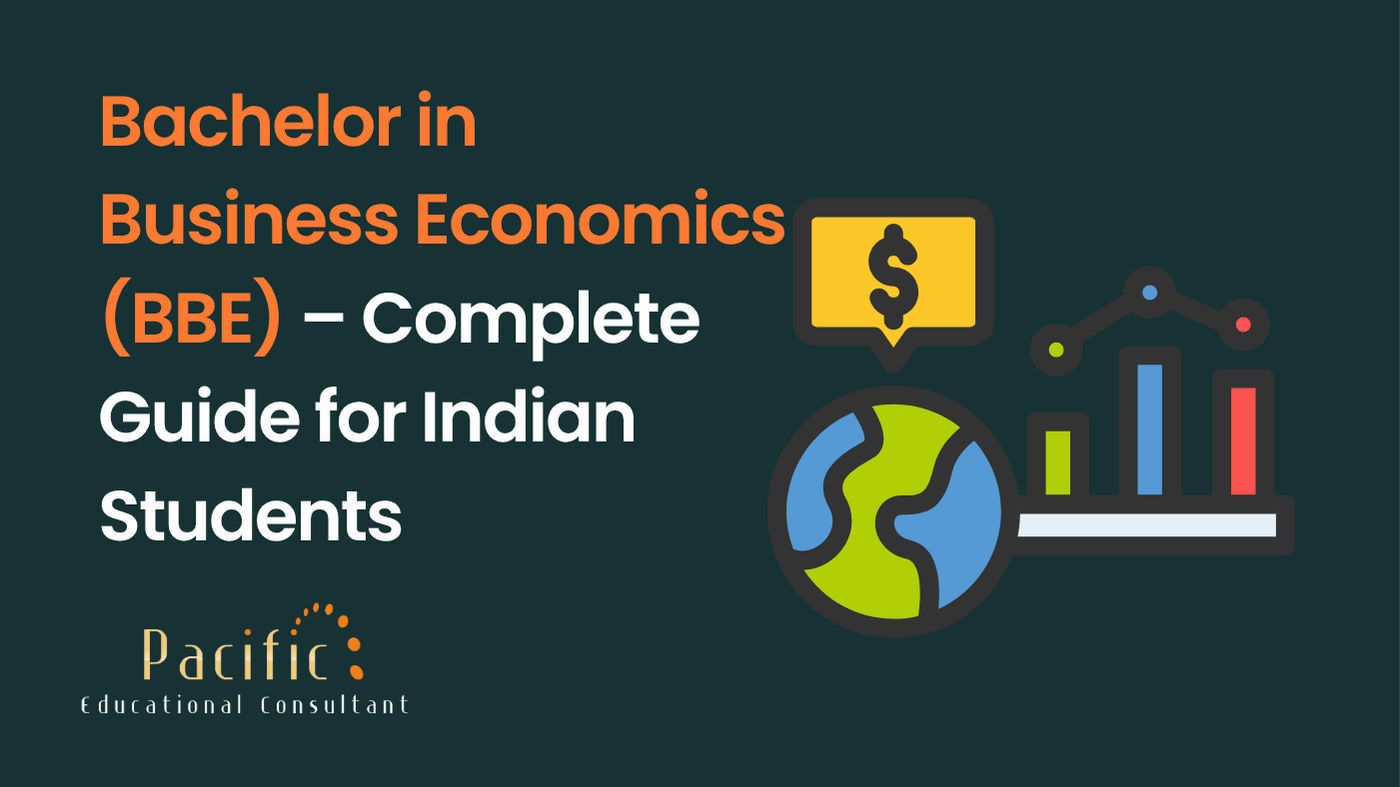
Bachelor in Business Economics (BBE)
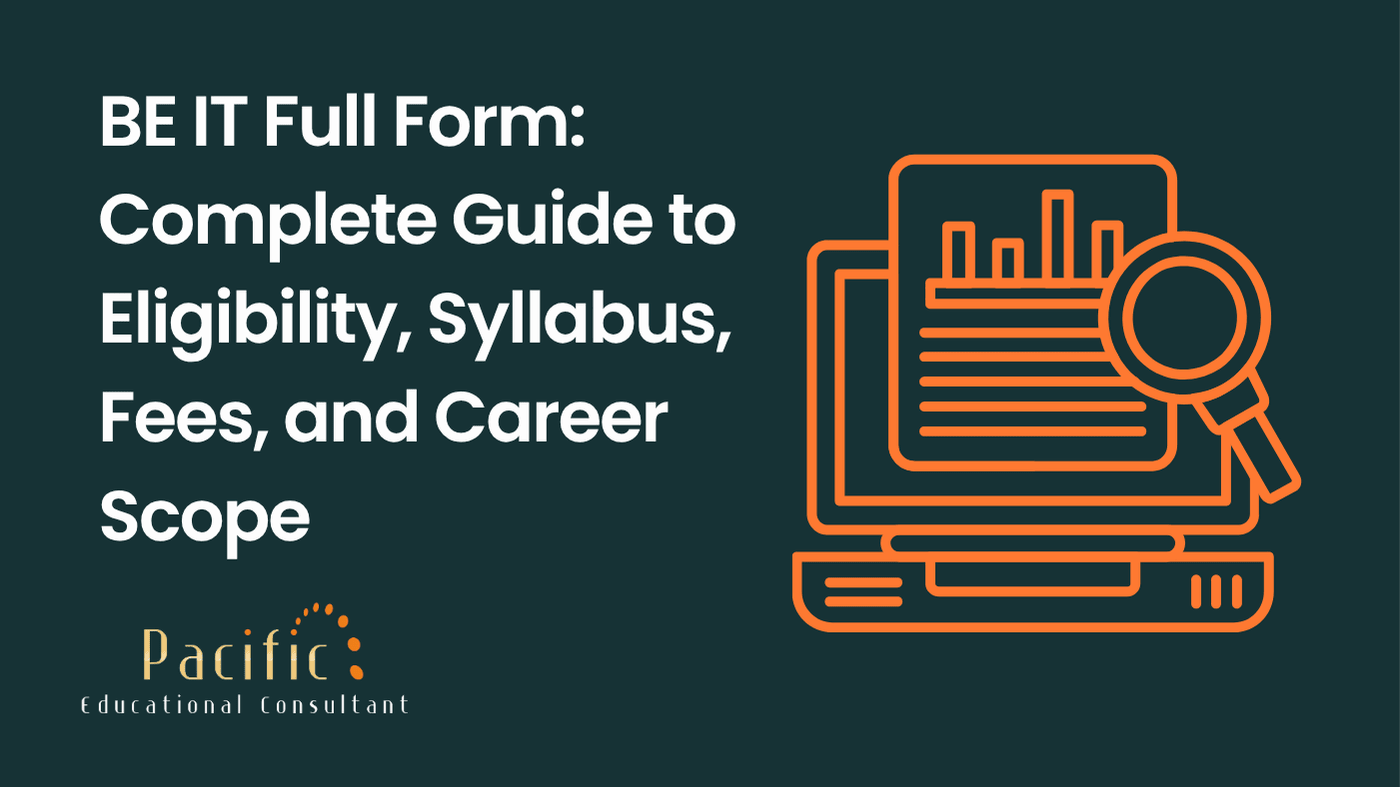
BE IT Full Form: Complete Guide to Eligibility, Syllabus, Fees, and Career Scope

Describe a water sport you would like to try in the future - IELTS Cue Card
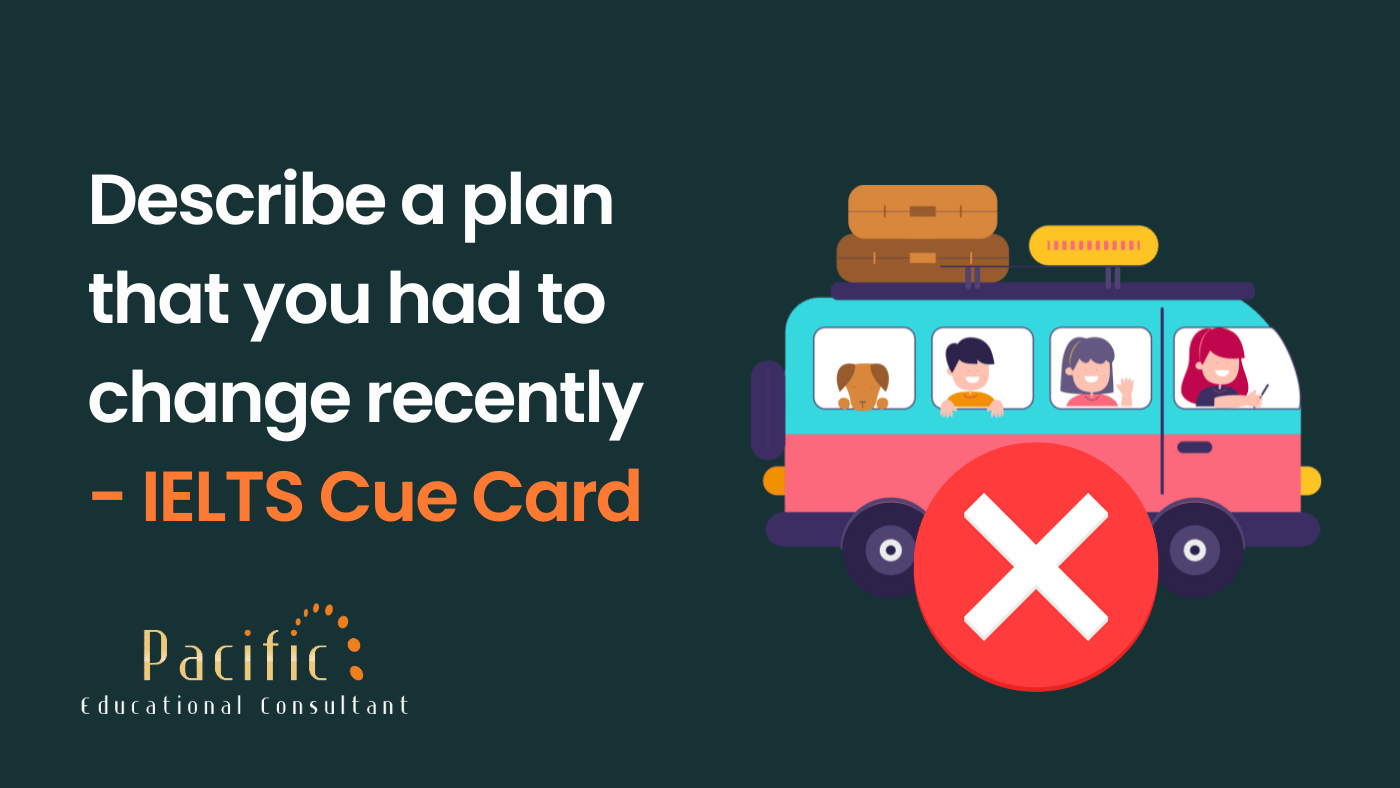
Describe a plan that you had to change recently - IELTS Cue Card
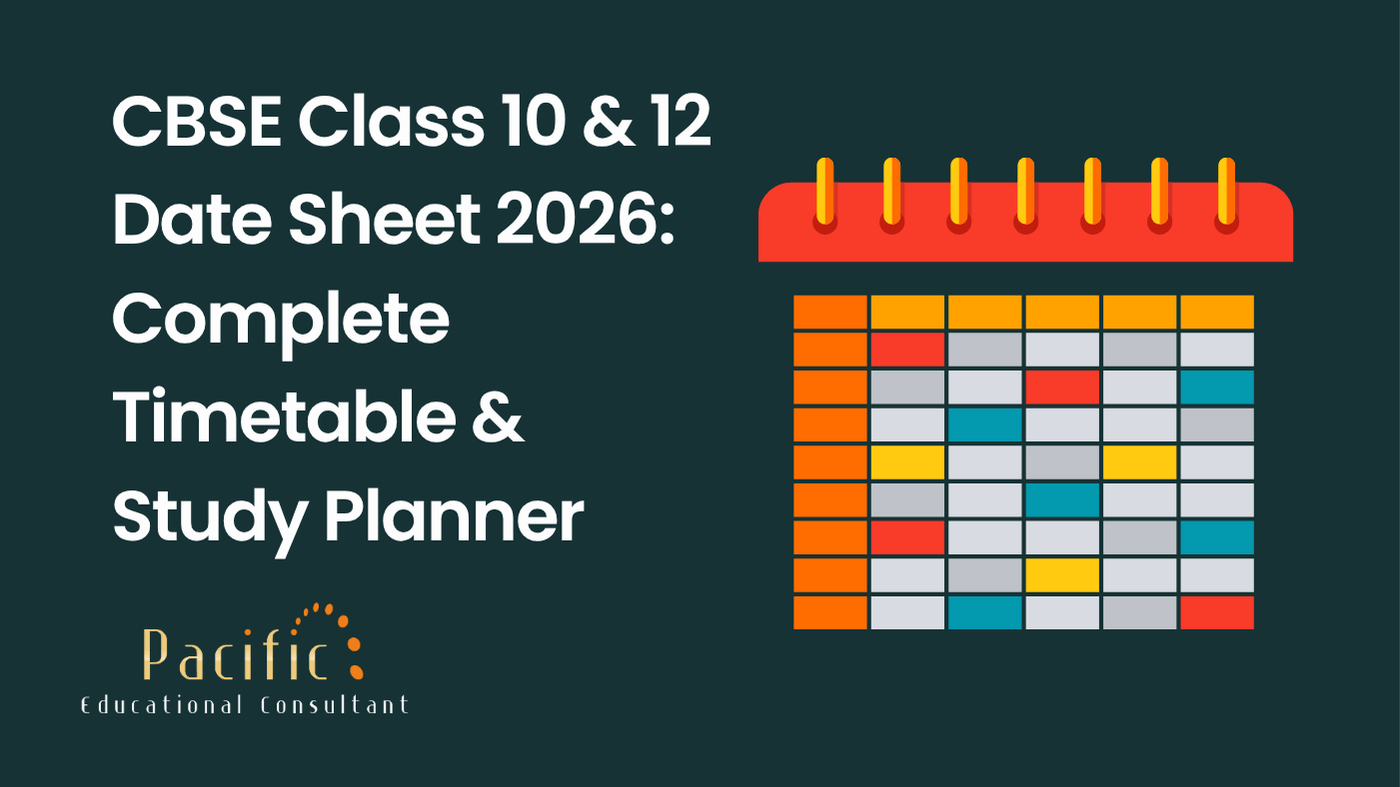
CBSE Class 10 & 12 Date Sheet 2026: Complete Timetable & Study Planner
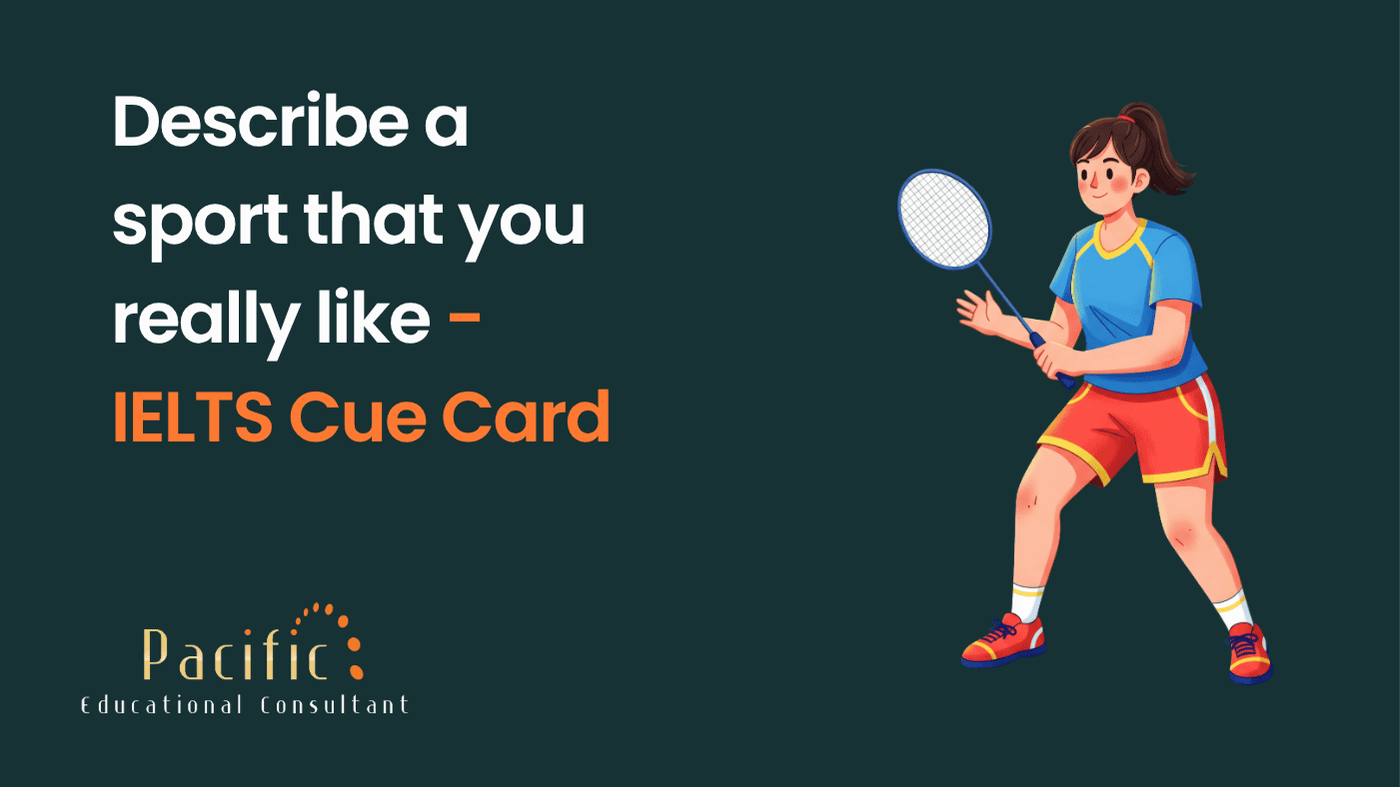
Describe a sport that you really like - IELTS Cue Card